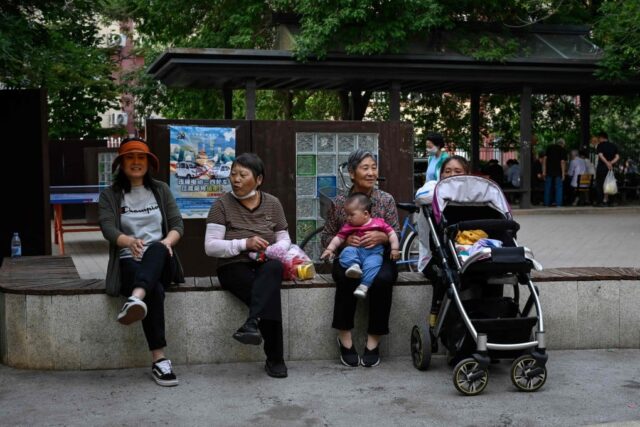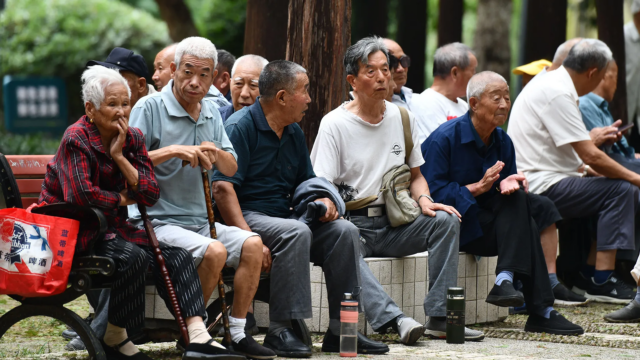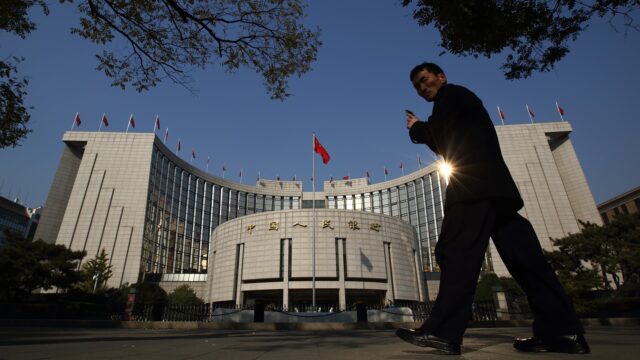China. Families face realities of dealing with old age depression
At the age of 74, Wang Youlin had never imagined he would face the debilitating grip of depression. His life, once filled with laughter, adventure and the joy of watching his children grow up, began to unravel quietly in the months following his retirement. A formerly active man, he had been a basketball coach, shaping young minds and building lasting friendships with his students. But over time, something changed. The first signs were subtle. Wang, who usually got up at six...










